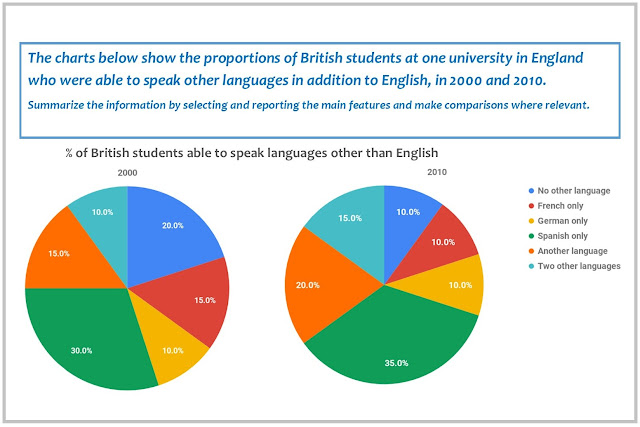Do ideas matter in writing?
Do ideas matter in writing? Yes, they are the only thing that matters in writing. Well, maybe that's a bit of an overstatement, but writing is certainly not about commas alone. What is writing about then?
It has somehow been established in the Russian ELT community that writing is all about language - grammar, vocabulary, linking phrases, maybe commas or dashes. But ideas - who cares? Well, I think ideas are the only reason to write. Why else would you sit down and spend an hour on this activity?! What is more, ideas are the only reason to read. No one reads for commas or linking words. People read for ideas.
As a result of this erroneous understanding of writing, people tend to believe that this is an example of bad writing:
- "It's important to protect the environment."
- "Never has it been more crucial to protect the environment. Little do people realize how imperative it is. The environment - the world we live in - is our home. For it is our precious abode - and always will be - the humanity must safeguard it. It is of utmost importance."
This paragraph was written by me, but it closely imitates what students write on a regular basis - lots of fancy language (whether it's even appropriate is a totally different question), but no unique, meaningful ideas.
But let's scratch our heads a bit and think about this seemingly boring topic - the environment. What could we say here that would be unique and meaningful? Maybe we could explore these questions:
But let's scratch our heads a bit and think about this seemingly boring topic - the environment. What could we say here that would be unique and meaningful? Maybe we could explore these questions:
- What can each individual do to protect the environment? How helpful are these tiny individual contributions?
- What can businesses do? Is there something that businesses are doing some countries but not in yours?
- Why do people keep throwing plastic into general waste despite the existence and accessibility of special containers?
- Will the world ocean ever be cleaned off the microplastics that are already there?
- Is reducing carbon emissions a feasible or even desirable goal?
Answers to these questions will give you lots of ideas to write about - and your writing will actually be interesting and meaningful. Here is a more meaningful paragraph written with the help of one of the questions above. (Note that the language I use serves to support ideas, not substitute them.)
- "A lot has been said about protecting the environment, but it has all fallen on deaf ears - or so it seems. Ask an average person what can be done to protect it and they will say, "The government needs to install special containers for different types of garbage." Oh please, the containers exist! Yet, every time I take out trash, I see plastic bottles in the general waste container - even though the plastic container is right there, literally side by side with the other one. So what are the reasons for this behavior? Why are people reluctant to separate garbage?"
But why? Why do people think writing is about language only - grammar, lexis, commas, linking words?
Image credit: Photo by Mika Baumeister on Unsplash





Comments
Post a Comment